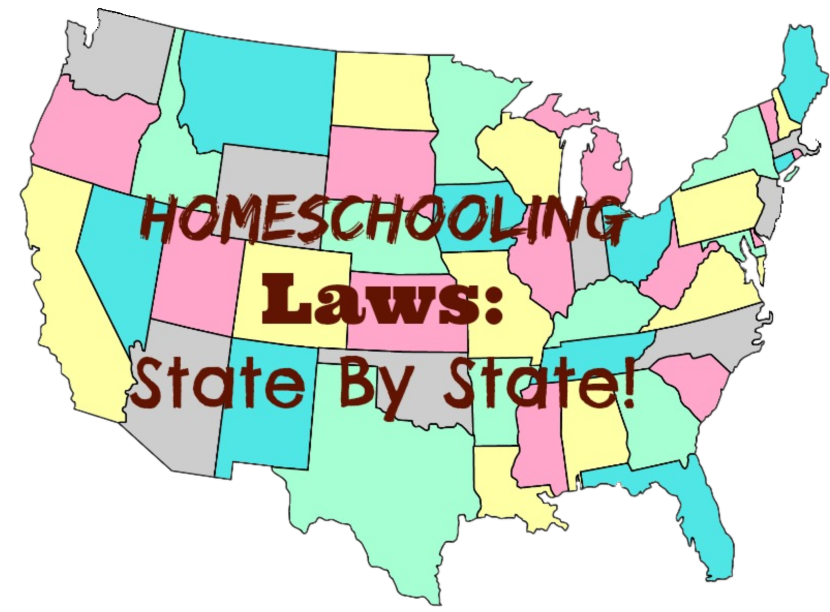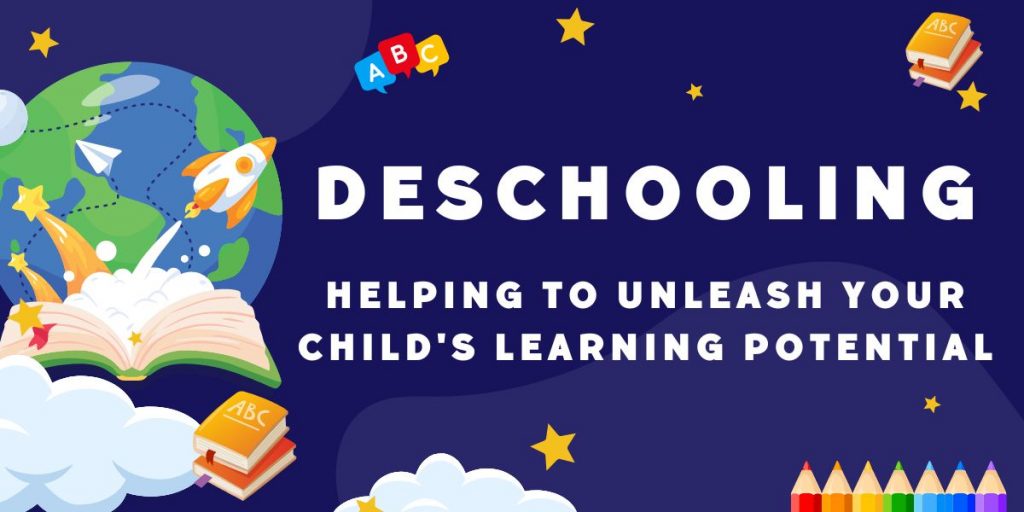003.
How To Get Started in Homeschooling
What are the Advantages and Disadvantages of Homeschooling?
Can I homeschool in my state?
How to withdraw your child from public school?
What is Deschooling?
Tune in this week while we discuss these topics and more!
TWO WAYS TO LISTEN TO THIS EPISODE:
1. Click PLAY Button Above ^^ to listen here.
2. OR Listen on your favorite podcast platform:
Scroll Down for this week’s Freebie:
Two Withdrawal Sample Letters
Brand New to Homeschooling?
GETTING START PAGE >>
Kindergarten Page >>
High School Series >>
Show Notes:
Great News! We have choices when it comes to our children’s education!
Homeschooling may seem daunting when you first begin but we are here to help you navigate through this entire process! In this episode, Maria and Nicole discuss advantages and disadvantages of homeschooling, homeschooling in your state, withdrawing your child from public school and deschooling.
Top 10 Books Every Homeschooler Should Read is a great place to begin to set yourself up for success and create life-long learners:

These books have inspired us and several stay on our bookshelves and we often re-read and reference them at the start of our new school year. Many new homeschoolers struggle with confidence and wonder if they really can homeschool their children. These books will help begin to lay the foundation of Finding the Confidence to set your children up for success!
Advantages and Disadvantages of Homeschooling (1:36)
Homeschooling Pros:
- Flexibility/time
- Freedom
- Personalized education
- Strong family relationships
- Fostering a love of learning
- Religious or ethical instruction
Homeschooling Cons:
- Workload
- Time
- Finding balance
- Excessive interaction
- Seeking out social opportunities
- Other people’s opinions
- Cost
Worried about Socialization?
This MYTH is debunked time and time again! Homeschoolers have MORE Opportunities to socialize since they are not limited to a classroom setting all day. There’s so much time wasted in public school and lessons takes a fraction of the time at a home leaving more time for personal interests and building friendships. Learn More About Socialization and check out the Complete List of 100 Ways to Socialize Your Homeschooler.
State Laws and Requirements (26:23)
Homeschooling is legal in all 50 states, however all states have differing requirements as to what you must teach, how to withdraw from school, what a compulsory school age is (and/or whether kindergarten is required), and what, if any, type of reporting requirements there are.

Homeschool in Texas
In 1994 the Texas Supreme Court unanimously upheld lower court decisions that home schools, by law, are considered private schools. Private schools are exempt from the compulsory attendance requirements placed upon public school attendees. Private schools in Texas are not regulated or accredited by the state.
- The instruction must be bona fide (i.e., not a sham).
- The curriculum must be in visual form (e.g., books, workbooks, video monitor).
- The curriculum must include the five basic subjects of reading, spelling, grammar, mathematics, and good citizenship.
There are no reporting agencies and no testing requirements for homeschoolers. The state of Texas does not regulate homeschoolers once they have been removed from the public school system.
IF YOUR CHILD HAS NEVER ATTENDED SCHOOL
- If your child has never attended public school, you can simply keep them home and homeschool.
- You do not have to notify the school or sign the intent to homeschool if they have never been enrolled.
How to withdraw your child from public school (Texas)
- BY MAIL (recommended): It is suggested that you send this certified mail, return receipt requested, so you have proof of their receipt of the letter. Send a copy to the registrar in case the principal forgets to notify them.
- IN PERSON: Go to the school and tell the administrator that you will be withdrawing your child to homeschool him/her. You can physically deliver your letter (recommended) or sign the provided form (“Intent to Homeschool”, “Homeschool Assurance Statement”, or whatever the school titles it) This form may ask you what type of curriculum you intend to use. You DO NOT have to answer this question. You can leave it blank if you like. Or, if you want to put something there you can simply say you will be using an eclectic approach, utilizing many types of resources.
- Pay any library fines, return books that belong to the school, settle up cafeteria charges, etc.
- Should you have any issues from the school, you should contact an attorney, or you can seek legal guidance from a homeschool group that provides legal representation.
- Once you have withdrawn you child, take this time to DESCHOOL and enjoy them before beginning any formal education.
What is Deschooling? (31:16)
Deschooling is defined as the adjustment period a child goes through when leaving school and beginning homeschooling. To fully benefit, a child has to let go of the private/public school culture as the norm. This is a crucial part of beginning homeschooling after a period of time spent in a classroom.






